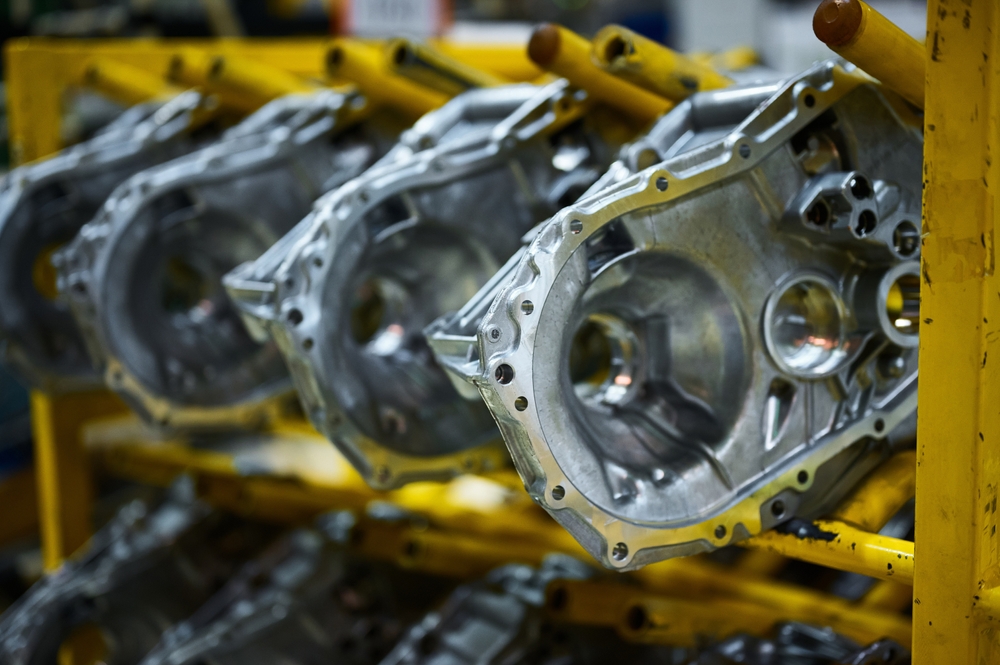The planned restructuring of the AE Group failed to avert its collapse. At the turn of the year, the plants in Gerstungen and Nentershausen will close completely. Around 700 employees will lose their livelihoods. The production shutdown will also hit the regional economy hard. The intended innovation failed due to financial constraints, while the necessary transformation was thwarted by massive cost pressure. Soaring energy costs further destabilized the company, and disrupted supply chains exacerbated the situation. (merkur: 07.11.25)
Reasons for the demise of a long-established company
The self-administered insolvency proceedings did not yield the desired result. The failure of the restructuring became apparent in August 2024. A sustainable turnaround remained out of reach despite intensive efforts. The company, threatened with bankruptcy, was unable to find a solid investor base.

The AE Group was heavily dependent on the automotive industry, producing aluminum die-cast parts – a sector increasingly under pressure. Classic combustion engine technology is losing importance, while the shift towards electromobility is accelerating. In addition, energy costs skyrocketed, straining supply chains and ultimately leading to the company’s demise. An attempted restructuring of the Polish subsidiary also failed.
Subtitle: Restructuring without salvation – the consequences
A comprehensive social plan was intended to mitigate the impact of the job losses. An agreement was negotiated with the works council and the trade union. Over 90 percent of the workforce will transfer to a transitional employment company that offers training and job placement services. Even though this measure does not compensate for the job losses, it provides a short-term perspective.
The focus there is on opportunities for professional reorientation. However, the significant burdens caused by rising energy costs and fragile supply chains cannot be permanently alleviated by transitional solutions. The restructuring, once intended as a lifeline, was therefore unable to secure the company’s future.
Company closure with far-reaching consequences
The mayor of Gerstungen, Daniel Steffan, emphasizes the profound impact. The loss of jobs means declining tax revenues, while infrastructure costs remain. The regional economy is losing a significant pillar. The role of transformation within the automotive industry is also coming into sharper focus: adapting to new technologies is no longer optional.
Trade union representative Leif Gentzel speaks plainly: “The bottom line is, we didn’t save the jobs.” This realization illustrates how even the best-intentioned restructuring failed to keep the company afloat. Key concepts such as innovation and modernization remained unimplemented.
Lessons for the Future of the Industry
The case of the AE Group serves as a warning sign. A failure to adapt to changing markets, rising energy prices, and inflexible supply chains are burdening many suppliers. Companies that did not embrace transformation and innovation in a timely manner are particularly vulnerable to existential crises.
For former employees, the transfer company opens up new opportunities. However, genuine future prospects depend on qualifications, mobility, and regional support programs. Here, both politicians and businesses are called upon to develop tailored solutions.
